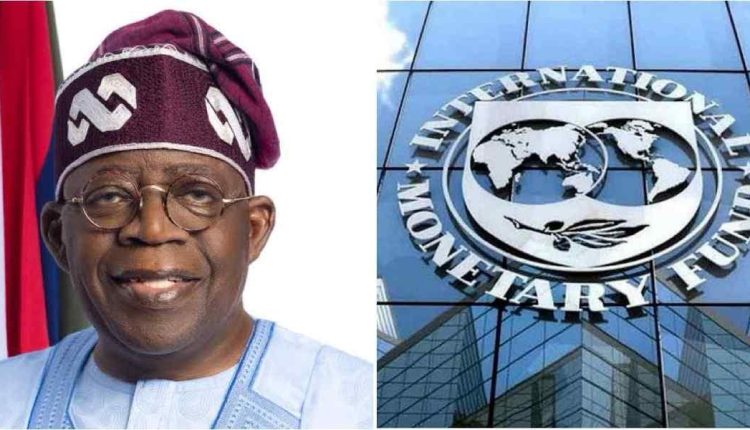IMF Report And the Pain of Nigeria’s Poor
By Chukwuemeka Egejuru
As Nigeria grapples with sweeping economic reforms, the cries of its poorest citizens grow louder. The recent International Monetary Fund (IMF) report on Nigeria paints a sobering picture: while reforms may be necessary for long-term stability, millions of Nigerians are slipping deeper into poverty today—with no relief in sight.
Titled “How Nigeria Can Unleash Its Economic Potential,” the IMF’s latest publication recognizes the bold policy moves made by the Tinubu administration. But it also warns that unless immediate action is taken to protect the vulnerable, these reforms may leave behind the very people they are meant to help.
The reality on the ground is stark. Food prices have soared. Inflation hovers above 20%. Unemployment is rampant. For the average Nigerian living on less than ₦1,200 a day, survival—not reform—is the priority.
In crowded urban slums and forgotten rural communities, families are skipping meals, children are out of school, and parents are selling off belongings just to make it through another day. The removal of fuel subsidies, the float of the naira, and tax reforms have hit the poor hardest—without adequate social safety nets in place to cushion the blow.
Despite government promises, Nigerians are yet to feel the impact of relief programs in any meaningful way. The burden is unbearable, and the wait is too long.
While the government calls for patience, the IMF’s warning is clear: reforms without urgent support mechanisms risk fueling unrest and widening inequality. Structural changes, no matter how well-intentioned, cannot come at the cost of human suffering.
Yes, the removal of subsidies and fiscal reforms may be necessary to correct past economic mistakes. But for the millions who are hungry today, technical explanations offer no comfort. A mother cannot feed her children with future GDP projections. A jobless youth cannot build a future on promises alone.
Special Adviser to the President on Economic Affairs, Tope Fasua, insists the reforms are “laying the foundation” for growth. But what of those who may not survive long enough to see this foundation bear fruit? Urgency is not a threat to reform—it is the moral responsibility of leadership.
This is not just about economic theory. It is about the human cost of delay. Nigerians cannot be expected to endure endless sacrifice in silence. Reform must be felt at the dinner table, in school fees, in healthcare access—not just in government briefings.
If the Tinubu administration truly wants to carry the people along, it must act swiftly and decisively in these key areas:
1. Deliver Immediate Relief to the Poor
Cash transfers, food support, and emergency job programs must move from paper to the streets—now. Bureaucratic bottlenecks cannot be an excuse when lives are at stake.
2. Explain Reforms in a Language the People Understand
The people deserve clear, consistent updates on what’s changing, why it matters, and how long it will take. Without honest communication, frustration will continue to mount.
3. Protect the Most Vulnerable Through Targeted Policy
From market women to unemployed graduates, policies must specifically address the struggles of those at the bottom. Blanket policies often leave them behind.
4. Show That Leaders Are Sharing the Sacrifice
Nigerians want to know that their leaders are not insulated from the pain. Cost-cutting at the top and visible accountability will help rebuild public trust.
Nigeria is at a crossroads. The path of reform must not become a path of mass suffering. The IMF report offers both validation and a warning: bold reforms must go hand in hand with bold compassion.
The government must hear the cries from the street—not just the charts from economists. It must act in the interest of the masses, not just for the sake of macroeconomic stability.
The Nigerian people have endured enough. Reform must bring hope, not hardship. The time to act—for the sake of the poor, the hungry, and the forgotten—is now.
Copyright © EaglesWatchOnline 2023 All rights reserved.
This material, and other digital content on this website, may not be reproduced, published, broadcast, rewritten or redistributed in whole or in part without written permission from EaglesWatchOnline.

